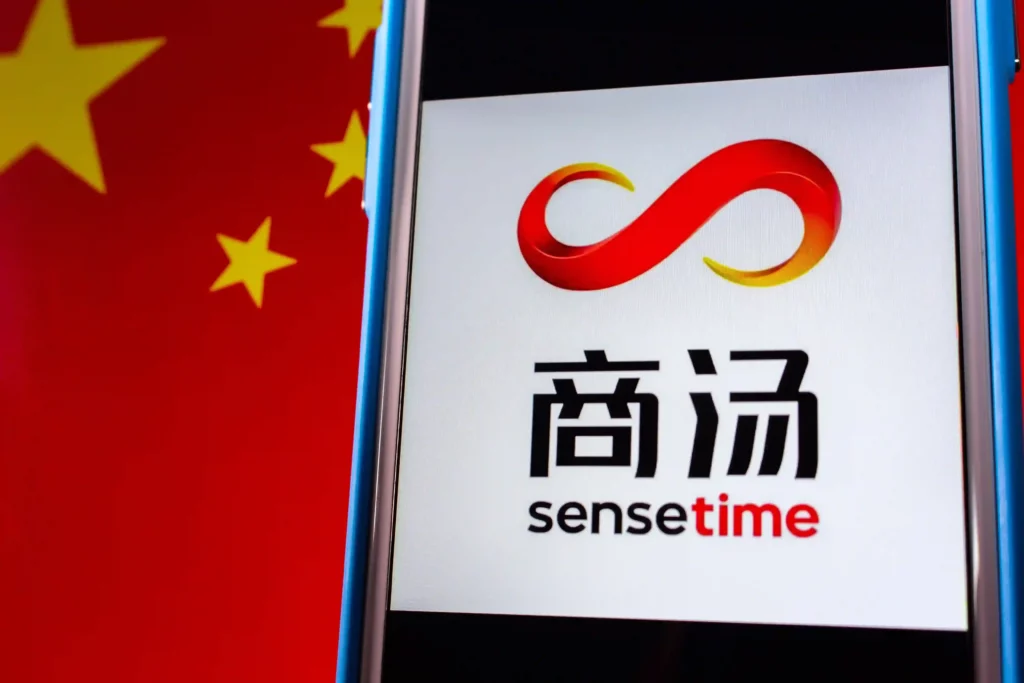SenseTime has not given much clarity on the details of the product rollout.
Chinese artificial intelligence firm SenseTime unveiled a ChatGPT-like chatbot SenseChat on Monday, joining a series of companies that are emulating the success of OpenAI’s popular bot. According to a Reuters report, the company’s chief Xu Li demonstrated that SenseChat writes an email, tells a story, and scripting computer codes.
Quoting another co-founder Wang Xiaogang, the report added that SenseChat contained more than 100 billion parameters and the AI products were based on the latest version of the company’s SenseNova big model. SenseTime has been developing this for over the last five years.
The company, however, has not given much clarity on the details of the product rollout. SenseTime also unveiled a slew of other AI products like an image generator, a digital avatar creation platform, and a pair of complementary 3D modeling tools that are said to work in tandem to aid the company’s clients to quickly create videos in which the presenter, the environment and the products are all generated by AI in real-time, the report further added.
It is noteworthy that the Chinese AI start-up SenseTime was sanctioned by the United States in October 2019 on accusations of its involvement in China’s surveillance of Muslim minority groups in the Xinjiang region. The U.S. government alleged that SenseTime’s technology was being used to track and monitor Uighur Muslims in the region. In response to this, the company denied that its technology was used to violate human rights and ensured its commitment to upholding ethical standards in its operations.
Meanwhile, the AI race has intensified after OpenAI’s ChatGPT came into the limelight since its launch in November last year. Short for Chat Generative Pre-trained Transformer, ChatGPT is a popular AI text generator and has been a center of attention for many due to its human-like response. While, the AI-based text generator, which is backed by Microsoft, has passed some of the toughest exams in the U.S., plagiarism and false information concerns have even led to a ban on chatbot usage from certain institutes like Sciences Po, one of the top universities in France.
Late last month, Italy banned ChatGPT due to privacy concerns and said that the OpenAI chatbot lacks a sound legal framework for gathering personal information from users, which the system uses to train its algorithms. Around the same time, Tesla chief Elon Musk along with a group of AI experts called all AI labs to immediately pause the training of AI systems more powerful than GPT-4 for at least six months.
Despite this, the Indian government last week said it is not considering introducing a law to govern the growth of artificial intelligence in the country and attributed AI as a “significant and strategic” area for the country. The Indian government also intends to take necessary steps to harness the AI sector.
Several other tech giants, including Google and Baidu, have also started investing heavily in the segment. While the Sundar Pichai-led tech major announced its experimental conversational artificial intelligence chatbot service Bard in February, Baidu unveiled its artificial intelligence chatbot Ernie in mid-March.

